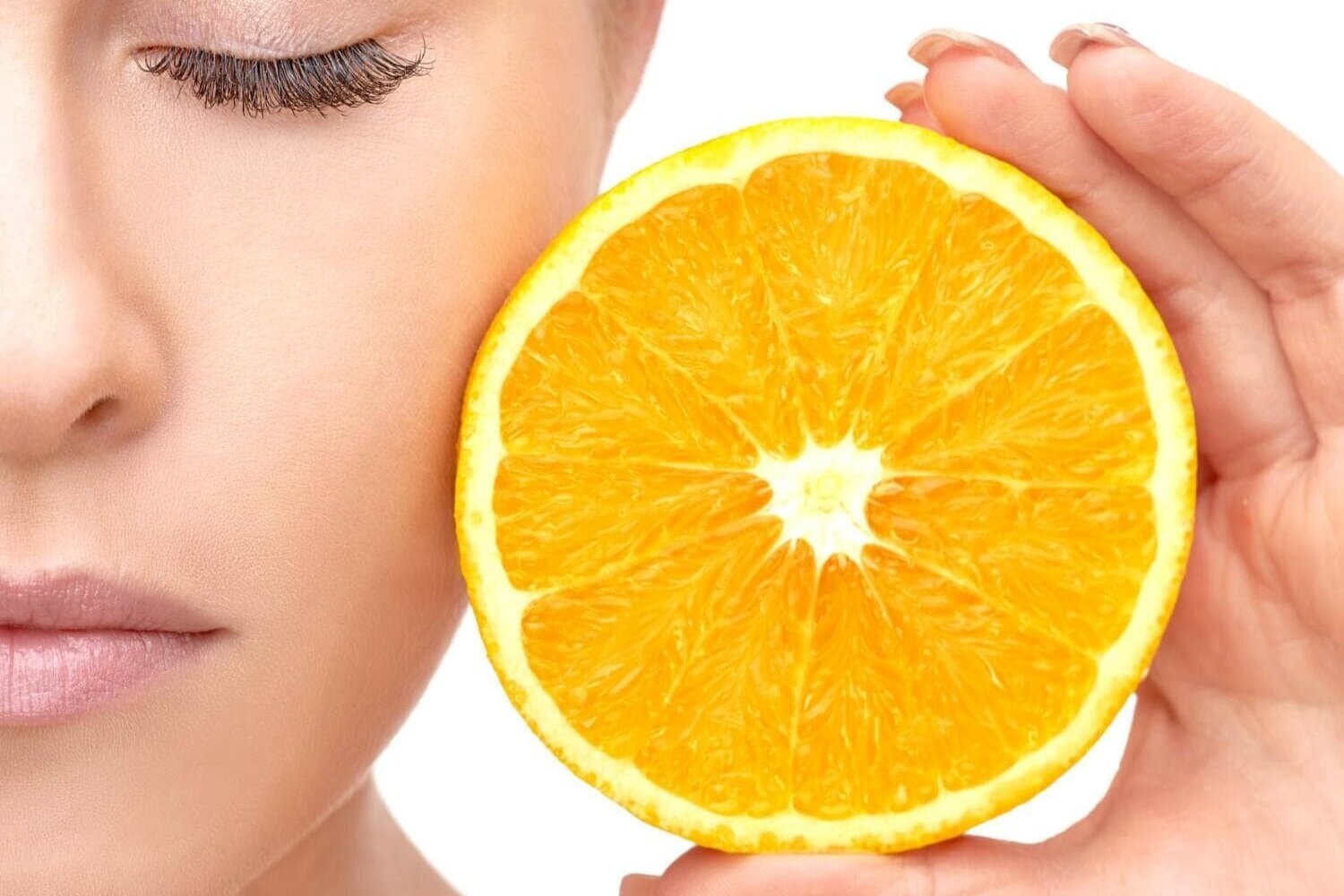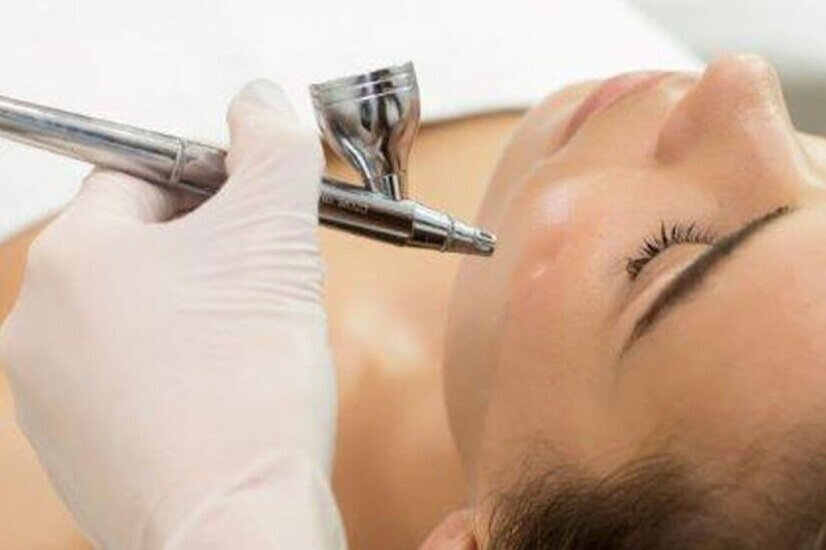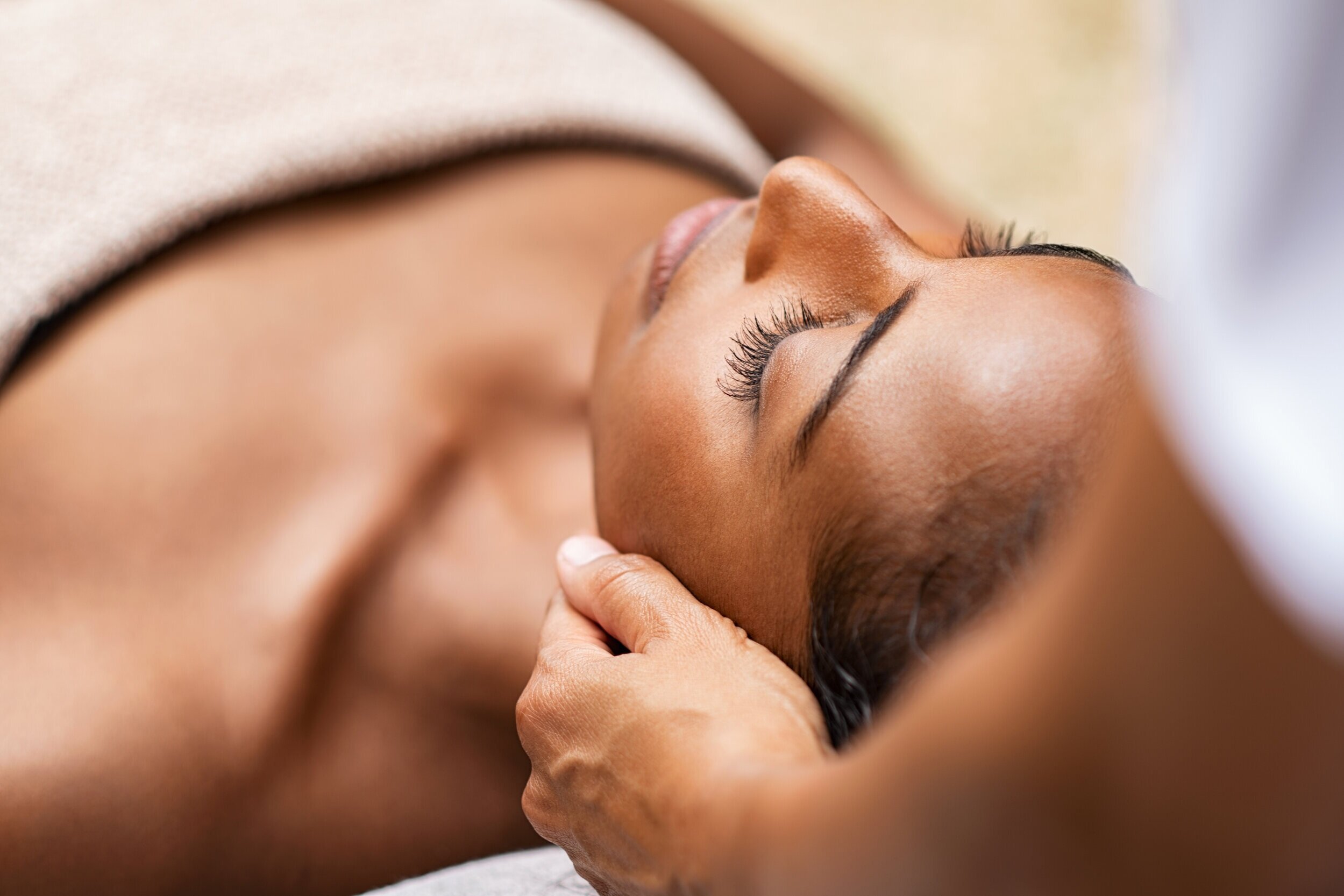The Best Summer Skin Care Tips
Summer is here and that means it’s time to change how you take care of your skin. Why? Because during the summer we are spending more time in the sun and the change of season affects our skin differently than the wintertime does. Here are a few tips for taking care of your skin during the hotter months.
1. Check your sunscreen
Sunscreen has an expiration date and most likely the sunscreen you bought last summer has expired over the winter months. Chemical and mineral sunscreen have different shelf lives, so don’t forget to check the packaging!
2. Know the difference between Chemical and Mineral sunscreen
Understanding the difference between chemical and mineral sunscreen is important because both function differently. Chemical sunscreen (avobenzone, oxybenzone, octisalate, homosalate, octocrylene, octinoxate) absorbs into the skin and then absorbs UV rays, converts the rays into heat, and releases them from the body. Physical sunblock (zinc oxide and titanium dioxide) sits on top of the skin and reflects the sun’s rays.
3. Apply your SPF before you go outside
Mineral sunscreen does not require time to set in because it sits on the top of the skin, whereas chemical sunscreen should be applied at least 30 min before sun exposure because it needs to take time to absorb into the skin. Put sunscreen on before leaving your house instead of outside to allow it to set in.
4. Avoid the sun between 10:00 am-3:00 pm
Avoid sun in the middle of the day, from about 10 a.m. to 3 p.m. The ultraviolet rays, which cause sunburn and can lead to skin cancer, are strongest during this time. Wear sunscreen and protective clothing!
5. Reapply your sunscreen
To stay protected all day, you need to reapply every two hours. If you’re swimming or sweating a lot, you’ll need to reapply more often. If you're looking for long-lasting sunscreen don’t be fooled by the word “waterproof”. There is no such thing as waterproof, as water and sweat can wash them off. The word “waterproof” means that the provided sun protection is effective for 40 min in water. The word “sport” can only stand for products that are proven to protect you for 40 min when you are sweating. This or that you still need to reapply every 2-3 hours.
6. Remember that sunscreen is not a one-size-fits-all
There are so many kinds of sunscreens out there because different people may have different sunscreen needs. Some people may just need it for everyday wear, while others are looking for water-resistant or sweat-proof protection. Plus, people have different skin types so it’s important to be aware of what works for your skin and choose your sun lotion based on skin type and condition. For oily and acne-prone skin, look for “non-comedogenic” sunscreen. If you have dry skin, consider looking for hydrating ingredients, called humectants in the formula, like hyaluronic acid, and ceramides. If you have sensitive skin, we would suggest picking up a mineral sunscreen because they sit on top of the skin.
7. Invest in a good Vitamin C Serum
Vitamin C is great year-round, but most importantly in the summer. It will help even skin tone and get rid of those sunspots. Vitamin C helps prevent hyperpigmentation, improves the appearance of fine lines, and can help with collagen production. Layer a few drops on your skin between cleansing and moisturizer. Here are some of our favourite Vitamin C serums.
8. Make sure your makeup is non-comedogenic.
Take a close look at your makeup product labels and only keep those that are noncomedogenic. That's a fancy word for a product formulated without pore-clogging ingredients. Especially for the summer, it’s important to wear makeup that doesn't clog your skin. That might include options such as powder sunscreen, a great option we carry is the Jane Iredale Powder Sunscreen.
This award-winning Powder-Me SPF 30 Dry Sunscreen by Jane Iredale is super easy to carry around and reapply even over makeup so it can protect your face, hands, body and even your scalp with its weightless, water-resistant formulation. Plus, besides doing good for your skin and preventing premature aging, you will do good for our planet with the refillable, reusable brush and recyclable refill cartridges!
9. Get Facial Treatments packed with vitamins, antioxidants, pure oxygen and hydration.
Get ready for summer with one of our antioxidant-rich facials. Here are our top 3 facials that we recommend getting to prepare your skin for the hotter days ahead.
G..M Collin Vitamin C Facial Treatment
Mineral Rich + Energizing
The G.M. Collin Vitamin C Facial is an antioxidant-rich, anti-aging treatment that revitalizes the skin with a potent dose of Vitamin C, organic seaweed extract, and marine minerals. This facial is ideal for brightening the complexion, improving elasticity + protecting against environmental stressors.
Book your complimentary skin analysis prior to receiving service for guidance.
Oxygenate + Glow
The Luzern Oxygen Facial is a non-invasive, deeply rejuvenating skincare treatment that infuses the skin with pure, medical-grade oxygen combined with Luzern’s nutrient-rich, clean skincare formulas. Designed to detoxify, hydrate, and revitalize, this facial is perfect for dull, tired, or environmentally-stressed skin.
Book your complimentary skin analysis prior to receiving service for guidance.
G.M Collin Botinol Facial Treatment
Plumping + Renewing
The G.M. Collin Botinol Facial is a powerful, non-invasive age-defying treatment that targets expression lines and wrinkles using advanced peptides and neurocosmetic ingredients. Often referred to as a "needle-free Botox," this facial offers visible results without discomfort or downtime.
Book your complimentary skin analysis prior to receiving service for guidance.
FAQ
What does SPF stand for and what do the numbers mean?
Spf stands for Sun Protection Factor, it only shows the protection rate against UVB, meaning how much UVB can be filtered out by the particular product. We recommend min SPF30 throughout the whole year, which can filter out 97% of the harmful UVB. To put in perspective, SPF 15 filters about 93% of UV-B rays; and SPF 50 filters about 98% of UV-B rays.
What are the differences between UVA and UVB?
Although both UVA and UVB are in the ultraviolet class, there are several important differences between them. UVB are the rays responsible for tanning and sunburn. They do not go deep into the skin. UVA is responsible for premature aging of the skin. They penetrate deep into the skin.
What sunscreen should I use on babies and children?
Skin is sensitive, in their case choose products that are directly formulated for them and won't cause skin irritation. For 0-6-month-olds we suggest avoiding any sun lotion and rather dressing them in proper protective garments, seeking shades, and avoiding the hottest hours to be outdoors. Beyond 6 months old we recommend physical (zinc or titanium dioxide) based sun protection.
What about vitamin D?
You won't get vitamin D deficiency by wearing broad-band sun protection and you will get your daily dose of production by having the size of your two hands out for 10 min.





